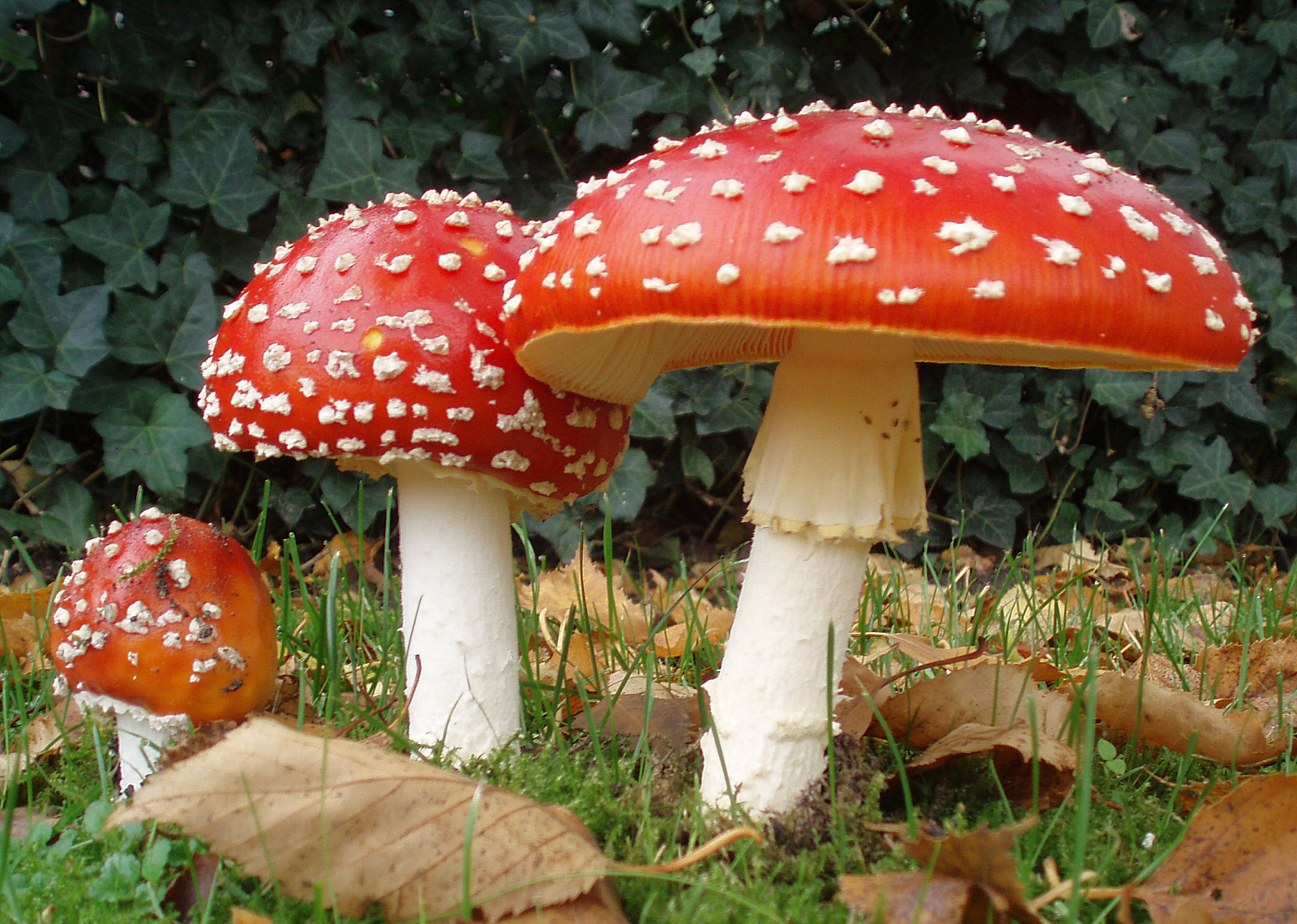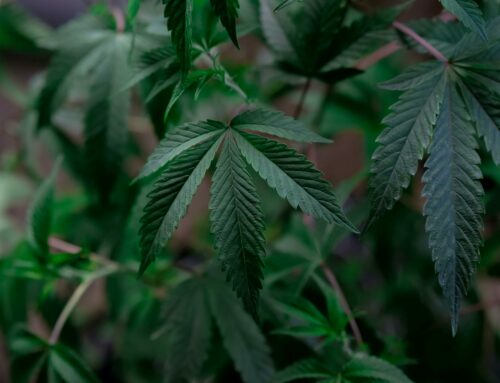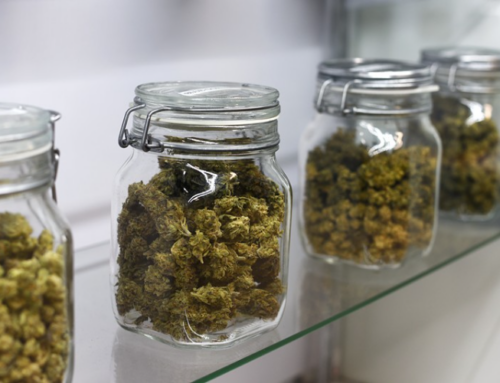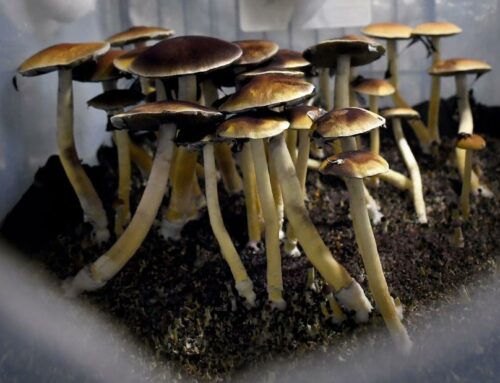Local Activists Succeed in Decriminalization of Mushrooms In Michigan City
ANN ARBOR, MI — Magic mushrooms and other psychedelic plants and fungi are now effectively decriminalized in Ann Arbor, at least in terms of city police enforcement priority. This week, following up the Council’s decision, the Prosecutor’s Office in Washtenaw County announced they will not charge individuals with possession or small-scale distribution of mushrooms.
City Council of Ann Arbor voted unanimously at the end of last year, in favor of a resolution declaring it’s the city’s lowest law enforcement priority to investigate and arrest anyone for planting, cultivating, purchasing, transporting, distributing, engaging in practices with or possessing entheogenic plants or plant compounds.
Advocates argue non-addictive psychedelics can provide a pathway out of opioid addiction.
Psychedelic substances can be used to help address substance abuse problems, addiction, recidivism, trauma, post-traumatic stress, depression, anxiety, grief, cluster headaches and other debilitating conditions, the resolution states.
“The use of entheogenic plants, which can catalyze profound experiences of personal and spiritual growth, have been shown by scientific and clinical studies and traditional practices to be beneficial to the health and well-being of individuals and communities in addressing these conditions,” it states.
Practices with entheogenic plants have been sacred to human cultures for thousands of years, yet those seeking them today to improve their health and wellbeing have feared arrest and prosecution, the resolution states.
Denver became the first U.S. city to decriminalize psychedelic mushrooms last year, followed by Oakland and Santa Cruz in California, which decriminalized all entheogenic plants.
That includes ayahuasca, ibogaine, mescaline, peyote, psilocybin mushrooms and other substances with hallucinogenic properties deemed illegal under state and federal law.
Washtenaw County Prosecutor Eli Savit has announced his office will not charge people for use, possession or small-scale distribution of marijuana and entheogenic plants, including magic mushrooms and other naturally occurring psychedelics.
In addition, the prosecutor’s office will support the expungement of old criminal convictions arising from marijuana or entheogenic-plant offenses, Savit said.
A grassroots group called Decriminalize Nature Ann Arbor, has been lobbying city officials to take up the issue.
Earlier this year, council members weren’t eager to sponsor the group’s proposal, but some said they’ve been swayed by arguments about medical and spiritual benefits of using psychedelics, including for mental health treatment.
Council Member Anne Bannister, D-1st Ward, was credited by colleagues for bringing forward the proposal, with co-sponsorship by Jeff Hayner, D-1st Ward. Member Zachary Ackerman, D-3rd Ward, had noted Johns Hopkins Medicine has launched a $17 million center dedicated to psychedelic and consciousness research, seeing what he called “the tremendous potential of these future medicines.”
Council Members Kathy Griswold, D-2nd Ward, and Ali Ramlawi, D-5th Ward, joined as co-sponsors Monday night, followed by council’s 11-0 vote in favor.
The resolution defines “entheogenic plants” as the full spectrum of plants and fungi that contain indole amines, tryptamines and phenethylamines “that can benefit psychological and physical wellness, support and enhance religious and spiritual practices, and can reestablish human’s inalienable and direct relationship to nature.”




































